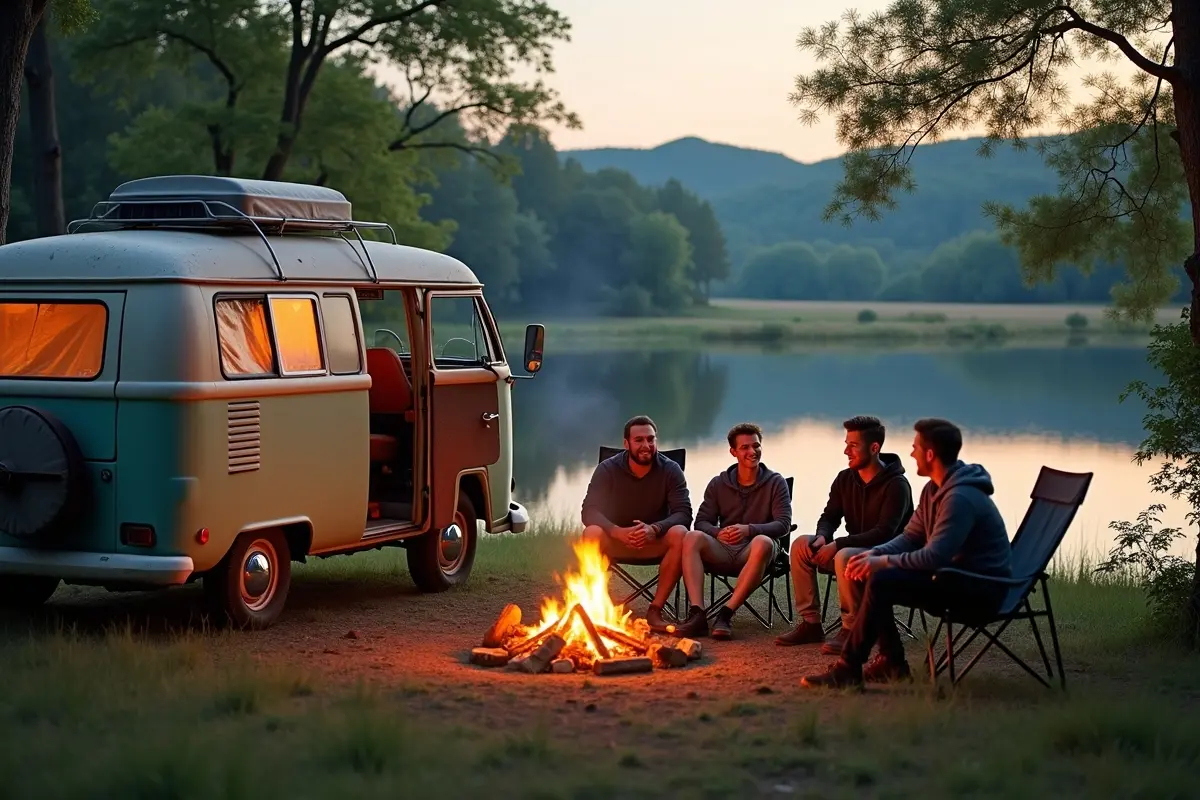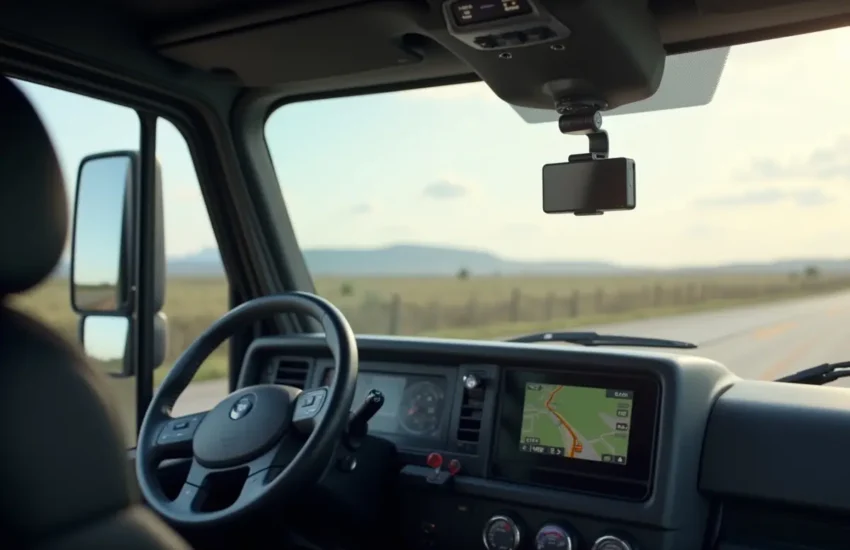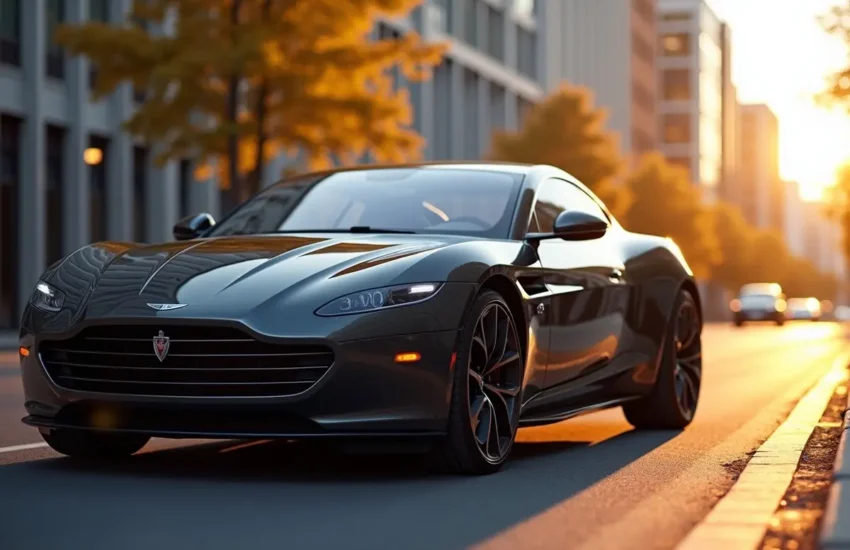How Camper Vans Are Changing Outdoor Travel
Modern camper vans offer more than just mobility—they provide an entire lifestyle movement that puts freedom, comfort, and adventure in travelers’ hands. These compact homes on wheels are not only reshaping how people interact with nature but also democratizing the outdoor experience. The rise of purpose-built rental services and thoughtfully designed vans means anyone can embark on a unique road trip adventure. Explore a diverse fleet at https://www.rent.is/our-campers/ to begin your journey into the world of camper van travel.
As travel behavior shifts toward self-contained experiences, camper vans have swiftly gained popularity. With the ability to choose routes, discover hidden gems, and avoid crowded tourist spaces, travelers value the autonomy these vehicles deliver. Innovative companies and communities keep redefining what’s possible, making van life more accessible and enjoyable for everyone.
Contents
Rise of Camper Van Travel
Camper van travel has entered mainstream culture, especially following 2020, when the need for social distancing and adaptable getaways soared. The ability to journey to remote locations, set up camp in scenic sites, and maintain a personal space appeals to independent travelers, couples, and families alike.
This shift is demonstrated by the exponential growth in van rental and conversion companies responding to demand. Data from industry reports and travel magazines show a consistent uptick in van sales and rentals—reflecting the way modern travelers are reimagining vacations and extended trips. Outside Magazine provides further insight into how the pandemic accelerated this movement.
Firms like Cabana, Indie Campers, and Escape Campervans have built business models around giving people the tools and guidance to travel comfortably and safely. Their fleets are equipped with practical features—sleeping quarters, kitchens, and climate control—making it easy, even for novices, to embrace van life. The post-pandemic traveler seeks flexibility and customization, fostering a marketplace that rewards innovation and user experience.
Technological Advancements
State-of-the-art technology has taken modern camper vans far from their humble, utilitarian origins. Essential features like solar panels, Wi-Fi boosters, and lithium batteries ensure independence on the road while keeping travelers connected.
Many van conversion specialists now offer app-controlled systems for climate, lighting, and energy management, allowing for easy, remote adjustments. The integration of advanced safety systems and navigation tools provides peace of mind for solo travelers and families venturing into the wilderness.
Off-Grid Capabilities
The evolution of off-grid capabilities means adventurous souls no longer have to sacrifice comfort or sustainability while camping in the wild. Larger freshwater tanks, advanced water filtration, composting toilets, and efficient waste management solutions enable longer stays in remote destinations.
Solar energy harnessed through rooftop panels powers essential devices, while battery storage extends run times for lighting, refrigeration, and heating. These enhancements match the growing appetite for eco-friendly travel experiences and deeper immersion in nature.
The sharing economy has played a pivotal role in making camper van adventures accessible to a broader demographic. Shared ownership models let multiple people invest in a single van, dividing costs and usage, while peer-to-peer rental platforms allow owners to rent out their vehicles when not needed.
This approach not only provides affordable access but also builds a sense of community among enthusiasts. Sites like Outdoorsy, RVshare, and Quirky Campers make transaction management and insurance coverage easy—taking the risk and hassle out of the process.
Wellness and Nature-Based Experiences
Traveling in a camper van directly supports mental and physical well-being, as manufacturers and designers integrate health-promoting features. Excellent ventilation, air filtration, ergonomic sleeping setups, and multipurpose outdoor spaces blur the line between vehicle and natural environment.
According to National Geographic, spending time in blue and green spaces can significantly improve mental health and overall well-being, making the outdoor extensions of modern camper vans especially beneficial. Many vans now include extendable awnings, outdoor showers, and modular furniture to encourage time spent relaxing or recreating outside.
Community and Social Engagement
The camper van movement has given rise to a vibrant community—both online and on the road. Campgrounds and dedicated meetups, such as Vanlife Gatherings, foster connections through group events, communal amenities, and shared activities. Social media platforms and online forums are invaluable for exchanging tips, organizing meetups, and offering support for newcomers. The inclusivity and camaraderie found in these circles enrich the van life experience, making it more than just a way to travel, but a shared way of life.
Integration of Outdoor Adventure Gear
Adventure seekers find camper vans are the ultimate base for diverse outdoor activities. Thoughtful van layouts provide storage and mounting solutions for bikes, kayaks, surfboards, and more, while some models include outdoor gear maintenance counters and drying racks.
This seamless integration encourages travelers to maximize their trips with hiking, paddling, climbing, or fishing pursuits—redefining what it means to be prepared for any adventure as soon as the vehicle parks.
Conclusion
Camper vans are transforming outdoor travel by combining mobility, comfort, and technical innovation. Unlike traditional camping, they offer the freedom to explore remote landscapes without sacrificing modern conveniences, allowing travelers to wake up to breathtaking natural views while maintaining a comfortable base.
With diverse rental options and vehicles ranging from compact, fuel-efficient models to fully equipped luxury vans, van life has become accessible to a broad audience, moving from niche communities into the mainstream.
Health and wellness are increasingly central to van design, with ergonomic sleeping arrangements, improved ventilation, and flexible layouts that encourage outdoor engagement. Features like extendable awnings, outdoor showers, and multipurpose spaces blur the line between vehicle and nature, supporting both relaxation and vitality.
As more travelers embrace this lifestyle, ongoing innovation combined with growing community networks makes the dream of freedom on four wheels an increasingly attainable reality, offering autonomy, connection, and immersive experiences in the natural world.



